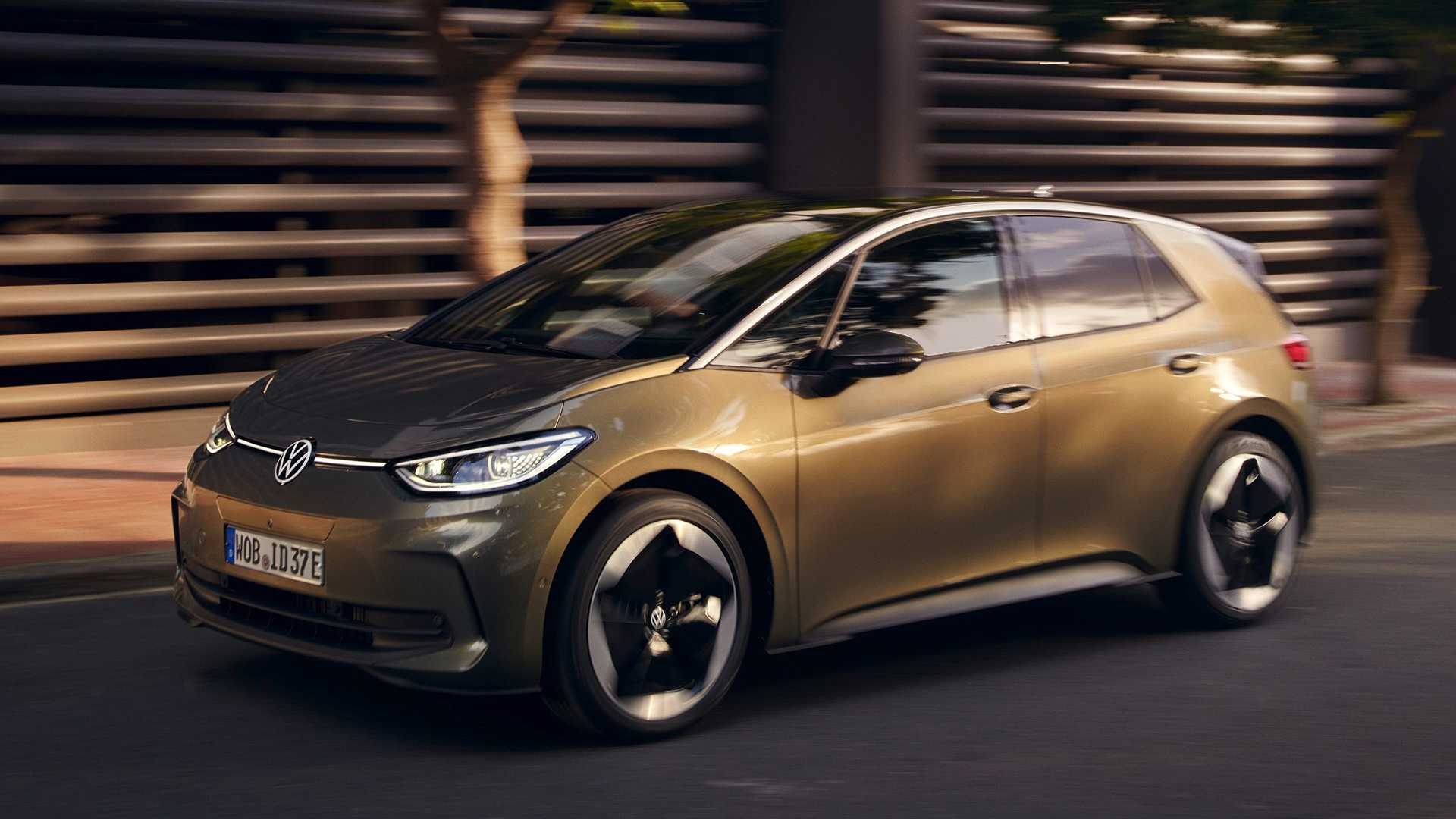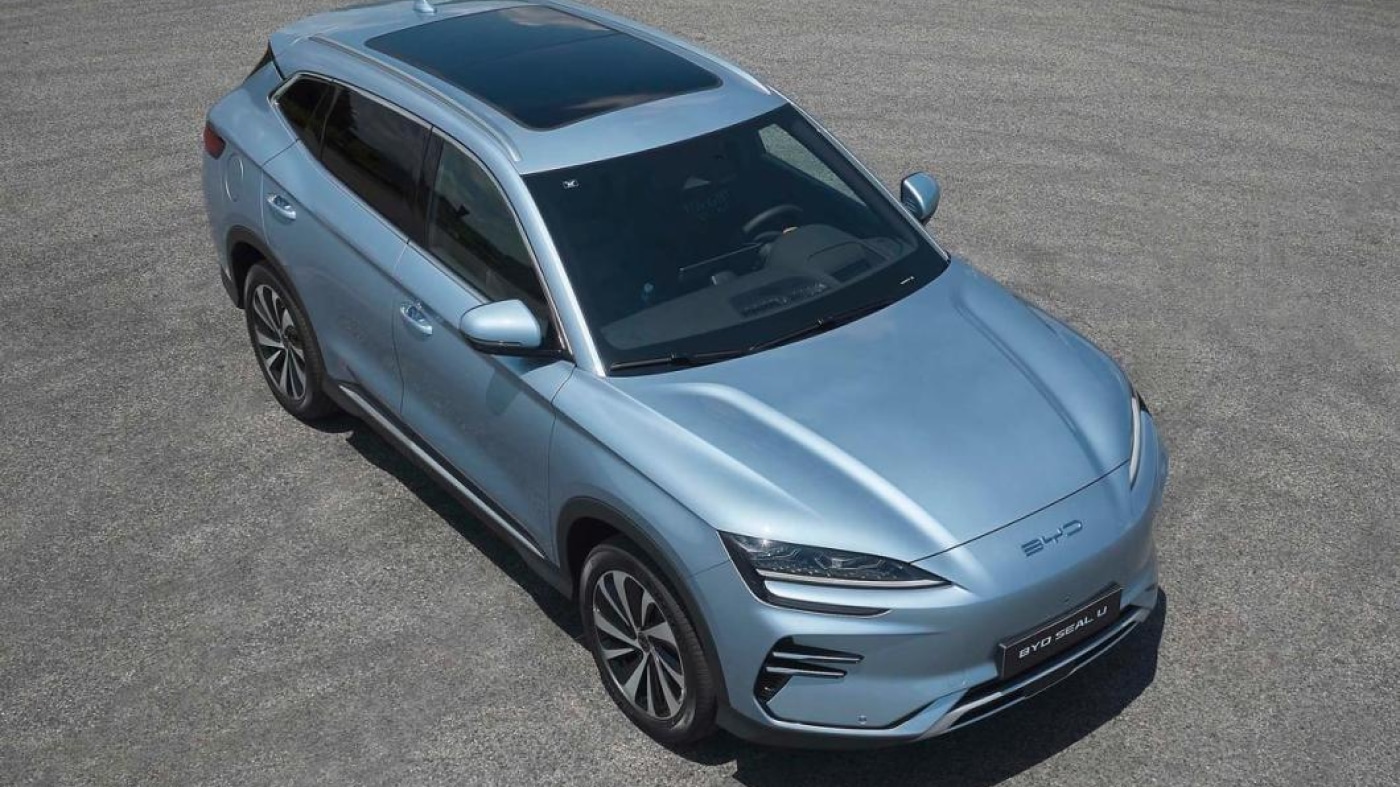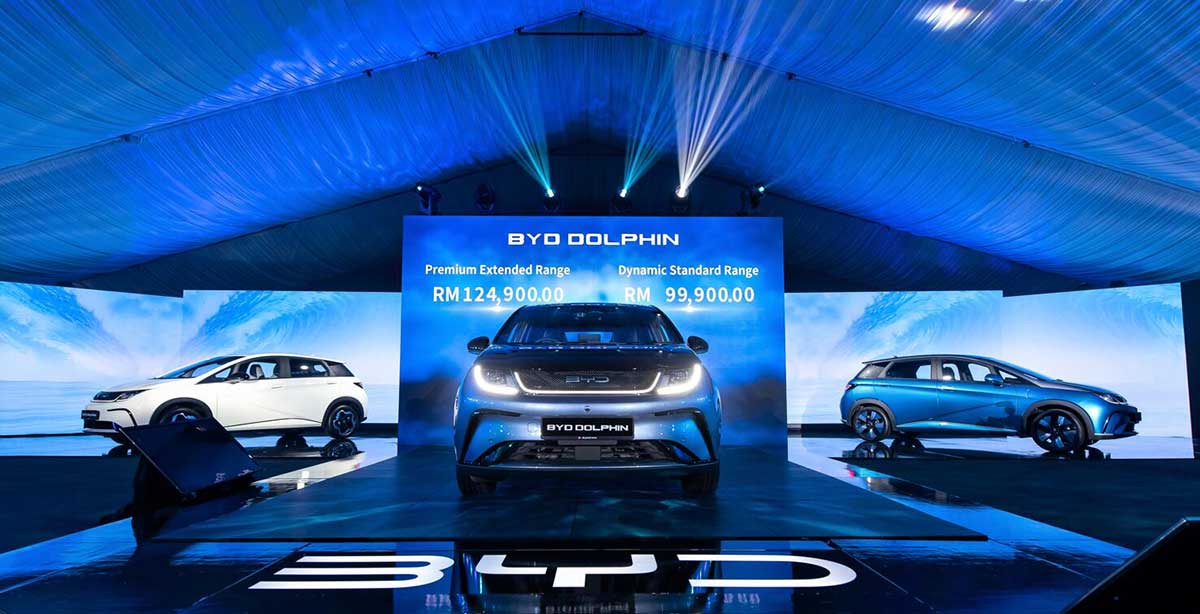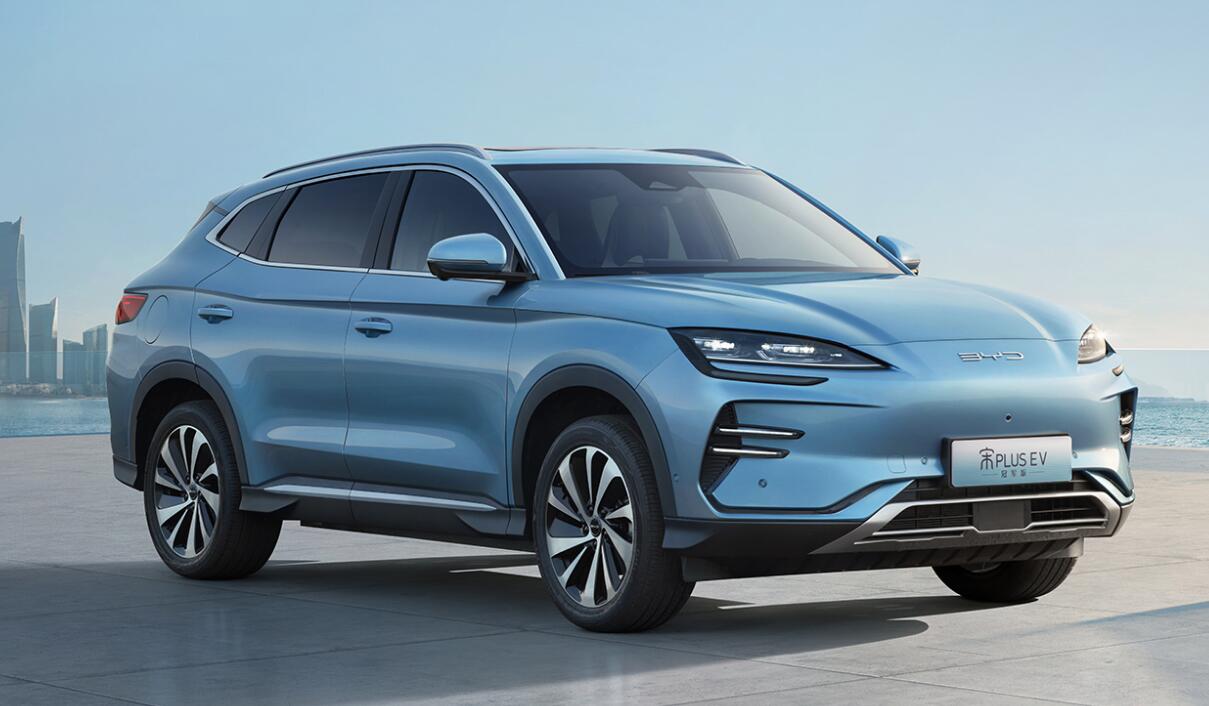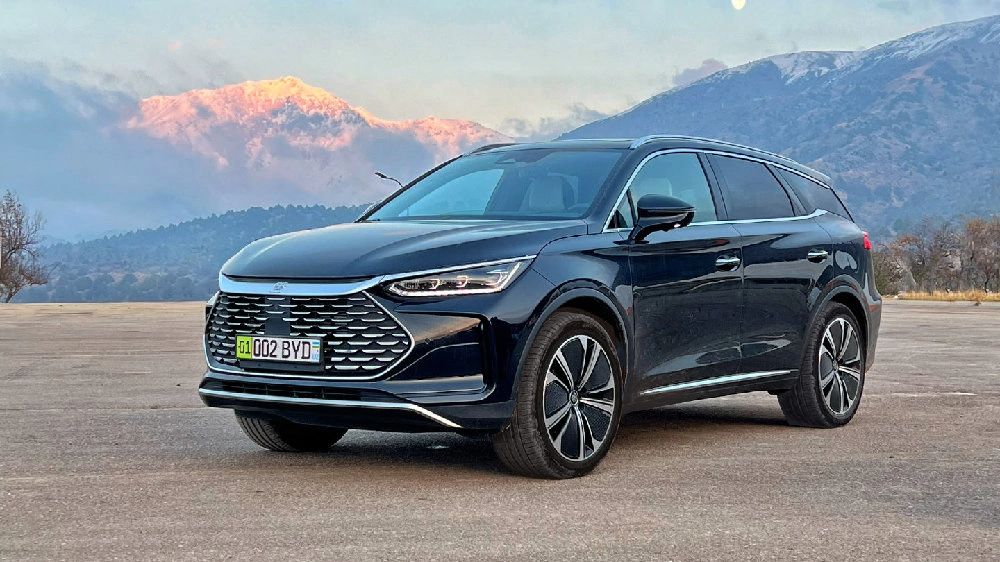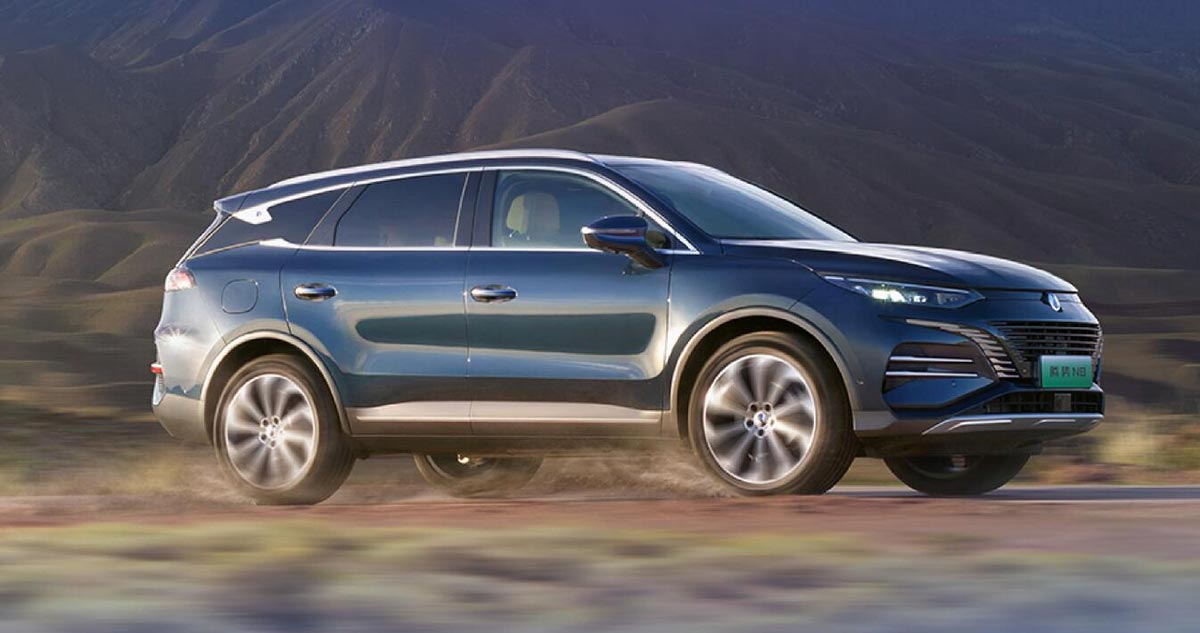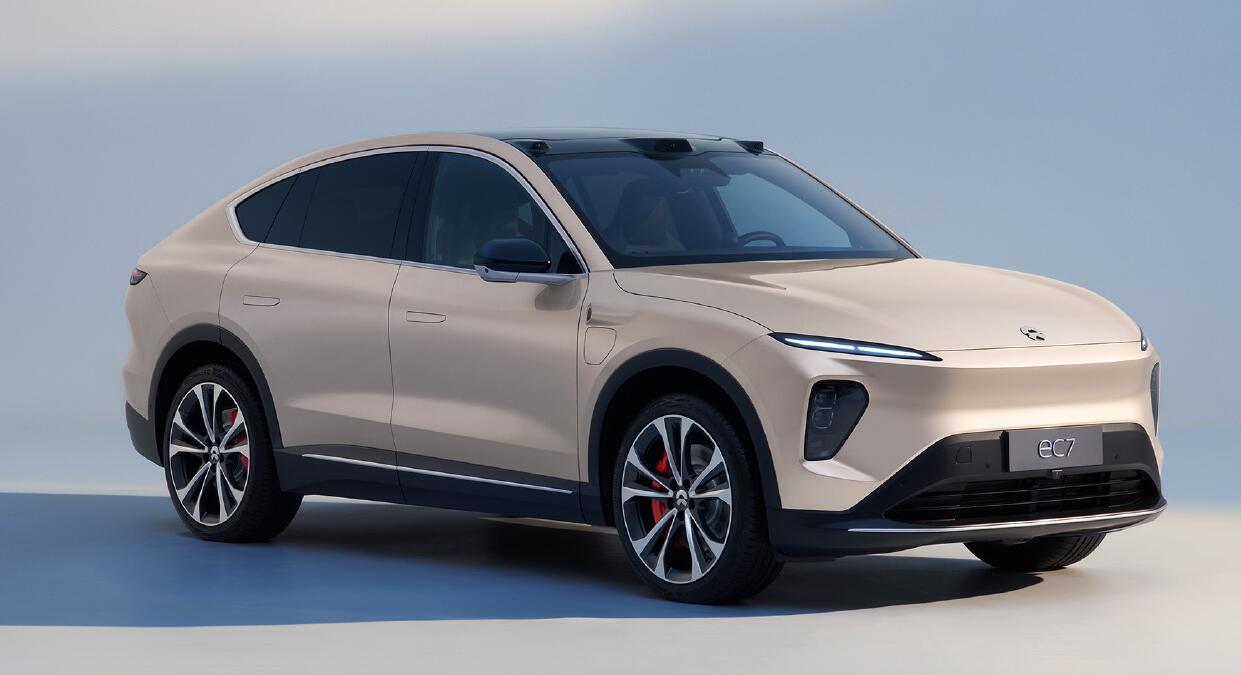In February, Volkswagen, once the dominant automaker in China, relinquished its top spot to BYD in terms of sales, marking the beginning of a challenging period for the German automaker. The ongoing battle between these automotive giants reflects a broader trend in the Chinese market.
According to data from the China Automotive Technology and Research Center, BYD has managed to increase its overall market share to 11.2 percent by selling 595,300 plug-in hybrid and electric vehicles in Q2. In contrast, Volkswagen’s sales totaled 544,000 vehicles, with just 23,433 being fully electric.
While Volkswagen remains the second-largest brand by sales, it now commands around 10 percent of the market, a significant drop from the roughly 15 percent share it held between 2008 and 2020.
The changing fortunes can be attributed, in part, to the remarkable growth of domestic brands like BYD and Changan. Local carmakers have been successful in producing increasingly sophisticated and affordable EVs, which have resonated with Chinese consumers. For instance, BYD’s Seagull, a hatchback offering approximately 190 miles (306 km) of range and priced at 73,800 yuan ($10,345 USD at current exchange rates), has garnered considerable attention.
In contrast, foreign automakers, including Volkswagen, have faced challenges due to a relatively limited selection of electric vehicles available to customers. Even Tesla, a company solely focused on EVs, is trailing behind BYD in both the overall and electric markets.
The growth of electrified vehicles in China has been evident, with sales of electric and plug-in hybrid vehicles jumping by 25 percent in June to reach 736,000 units. These electrified vehicles now account for roughly two out of every five cars sold in the Chinese market.
As the competition intensifies, Volkswagen and other foreign automakers are presented with the task of adapting to the evolving landscape and meeting the demands of Chinese consumers for sophisticated and accessible electric vehicles.

